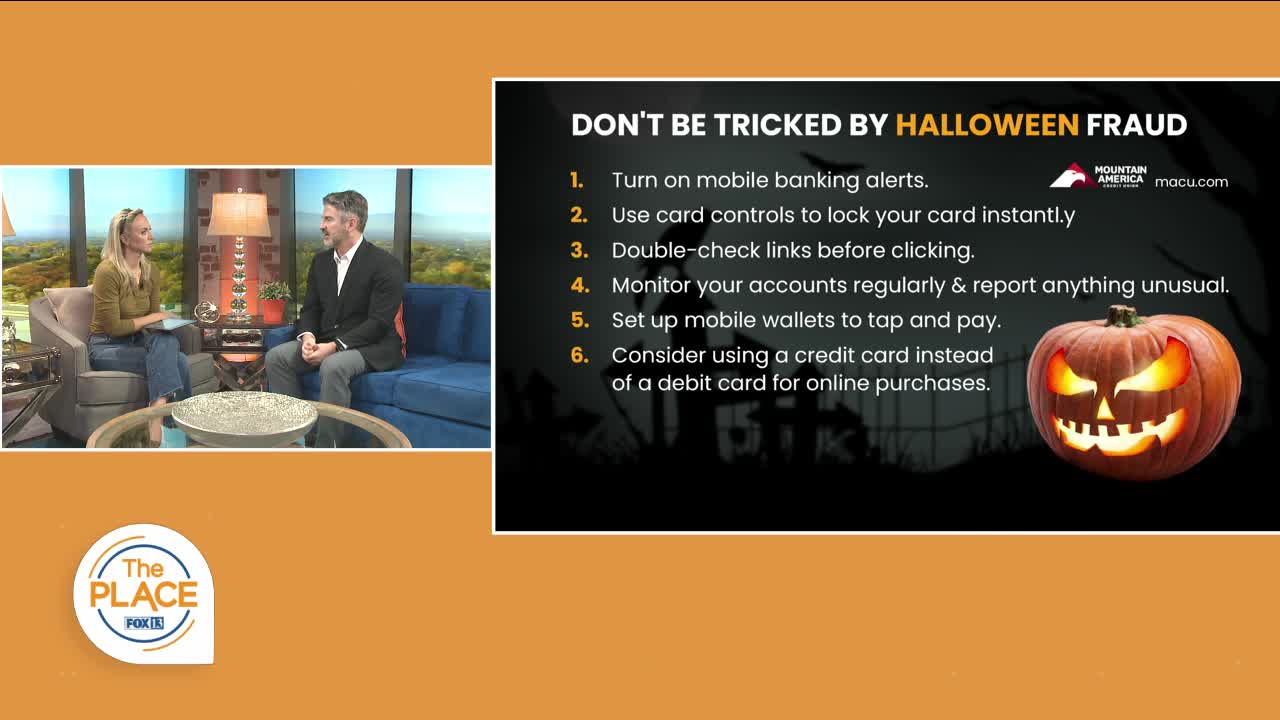A survey from AARP found that 80 percent of U.S. consumers say they've either experienced or been targeted by at least one scam during the holiday season.
Those scams include fake charities, fake delivery notices, and fraudulent online shopping.
Jonathan Brouse, Vice President of Direct Consumer Lending at Mountain America Credit Union, says fraudsters know people are busier, shopping more often and distracted at Halloween and into the holiday season.
This creates more opportunities for suspicious charges to go unnoticed.
They also use seasonal hooks, like fake online deals or charity scams, to trick people into giving away personal or financial information.
The most common scams right now including phishing texts and emails pretending to be from delivery companies or financial institutions.
Also be aware of the "too good to be true" online deals, fraudulent charity requests and unauthorized card use from stolen data.
Jonathan shared some practical steps consumers can take to protect themselves:
1. Turn on mobile banking alerts so you know immediately when a transaction posts.
2. Use card controls to lock your card instantly if it's lost, stolen, or compromised.
3. Double-check links before clicking—go directly to the official website instead of through an email or text.
4. Monitor your accounts regularly and report anything unusual right away.*
5. Set up mobile wallets to tap and pay instead of a card that can be lost.
6. Consider using a credit card instead of a debit card for online purchases, it keeps an extra layer of protection for your checking accounts.
You can learn more at macu.com.



